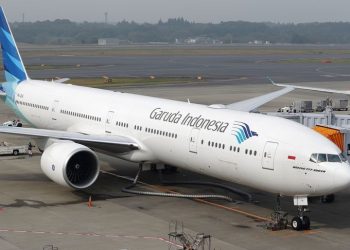Jakarta, Indonesia Sentinel — In 2024, Indonesia made significant progress in its efforts to drive energy transition. According to a report released by the World Economic Forum (WEF), the country ranked third in Southeast Asia in the Energy Transition Index (ETI).
The WEF evaluated the Energy Transition Index across 120 countries worldwide, aiming to assess global progress toward sustainable energy. The index is based on 46 indicators divided into two dimensions: system performance and transition readiness.
Indonesia received an ETI score of 56.7, placing it 54th globally and third among ASEAN nations. Vietnam led the region with a score of 61.0, ranking 32nd globally. Malaysia followed in second place with an ETI score of 60.1, ranking 40th worldwide.
Thailand secured fourth place in ASEAN with a score of 55.8 (60th globally), followed by Singapore (55.0, 64th globally), Laos (53.9, 72nd globally), Cambodia (52.9, 77th globally), Brunei Darussalam (50.3, 96th globally), and the Philippines (48.4, 105th globally).
Read Also:
Despite its strong standing, Indonesia still lags in one critical aspect of WEF’s assessment. The country performed well in system performance, scoring 69.9 points, reflecting efficient energy management. However, its transition readiness score stood at only 36.9 points, indicating significant challenges in shifting from fossil fuels to sustainable green energy.
The transition readiness dimension evaluates key factors such as capital and investment, regulatory frameworks, government commitment, institutional strength, infrastructure, human resources, and the overall energy system structure. Indonesia’s low score highlights the pressing need for further development and policy improvements.
The administration under President-elect Prabowo Subianto has pledged its commitment to supporting the energy transition through various strategic policies and projects aimed at achieving energy self-sufficiency.
The WEF report serves as a benchmark for Indonesia’s energy transition progress. By addressing existing challenges, the country can work toward achieving WEF’s vision of an “inclusive, sustainable, affordable, and secure energy system”—a crucial step in tackling global energy challenges.
(Raidi/Agung)


























